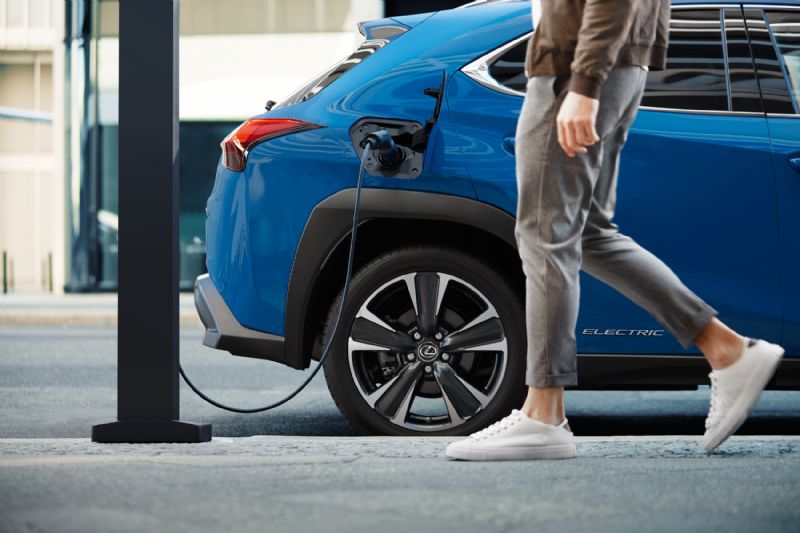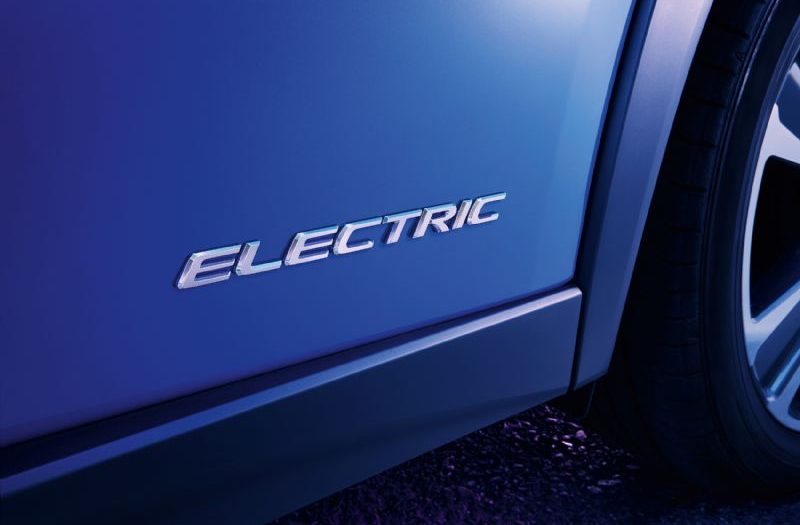IN A MOVE THAT’S sure to enrage supporters of alternate fuelled vehicles, the South Australian government in last night’s budget introduced a tax on electric vehicles.
Elsewhere in the world, governments are looking for ways to lower taxes on EV owners and offering them various incentives, none of which are being adopted in Australia.
But we all know how politicians think: if there’s a new tax that will add a few dollars to the coffers, let’s slap it on.
SA state treasurer Rob Lucas admitted that the EV tax, expected to start from July 1, will generate very little income (around $1 million a year, initially). He insists that the new tax is a replica of the fuel excise paid by other road users and will make road use charges more equitable as more and more people purchase electric vehicles.
Lucas also admitted that SA is speaking with other states over the cost and rollout of the electric vehicle charge, so you can be sure other states will quickly fall into line by levying taxes on EVs. Lucas said he was confident that at least two other states would follow SA’s lead in the next 12 months. Other states, including NSW, had looked at the charge but it met with “widespread condemnation and has gone nowhere since.”

The announcement follows another announcement last week that the SA government will be spending $18.3 million over four years on charging infrastructure across the state.
Peak national body for electric vehicles, the Electric Vehicle Council came out quickly to declare that the policy appears to go against the advice the council had previously provided to the government to offer incentives to buyers of electric cars. EVC CEO Behyad Jafari said the council would “wait and see what the detail of the program looks like.”
“Now we’re going to have to look at mitigating how much damage they’re about to do to a zero-emissions transport target as a result of a tax that is far too soon,” he added.
Jafari pointed out that this new tax would push South Australia further behind in its electric vehicle policies and initiatives.
Conservation SA also came out strongly against the EV tax, calling it “highly controversial.”
Chief executive Craig Wilkins said, “The announcement of a new road user charge for electric vehicles is bad public policy and completely at odds with other countries who are removing taxes and charges to encourage uptake.” He added that he was “deeply disappointed” that in a budget with the biggest public infrastructure program in SA’s history, there was hardly any mention of public transport.
One of the largest spends announced in the SA budget was $8.9 billion to be spent on the completion of the North-South Motorway. If it runs true to form with other large road-building projects in SA, it will almost certainly come in well over budget, and probably well behind schedule. The project covers 10.5km and includes two tunnels. Completion date is set down for 2030.
If this EV tax rolls out across the country (and it looks like it will), Australia’s already low take-up of electric vehicles can be expected to fall even further behind other countries.
